126 countries now publish a national security strategy or defense document, and 45 of these feature
a leaders’ preambles. How these talk about the world, or not, is surprisingly revealing of historical
global strategic hierarchies.
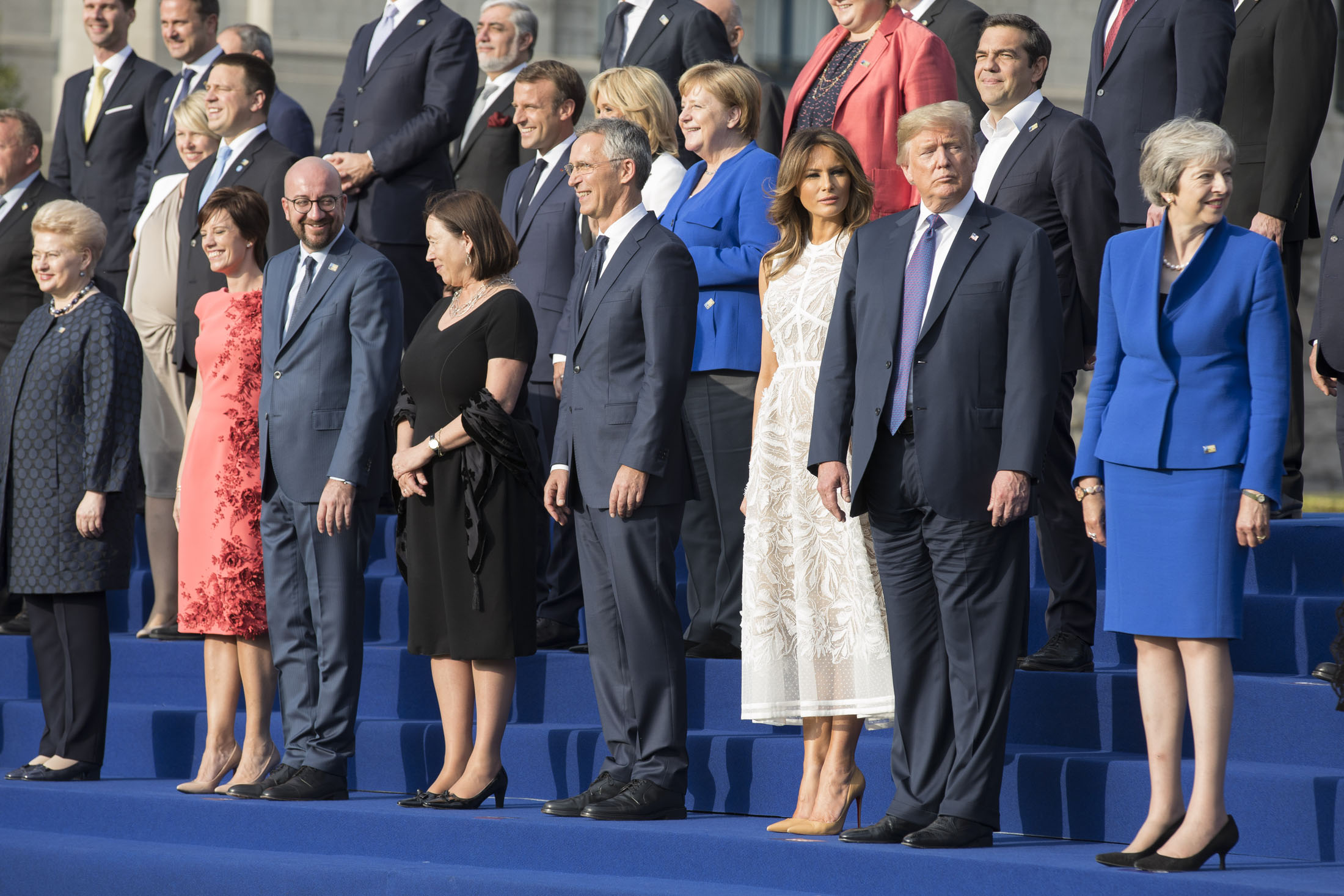

126 countries now publish a national security strategy or defense document, and 45 of these feature
a leaders’ preambles. How these talk about the world, or not, is surprisingly revealing of historical
global strategic hierarchies.
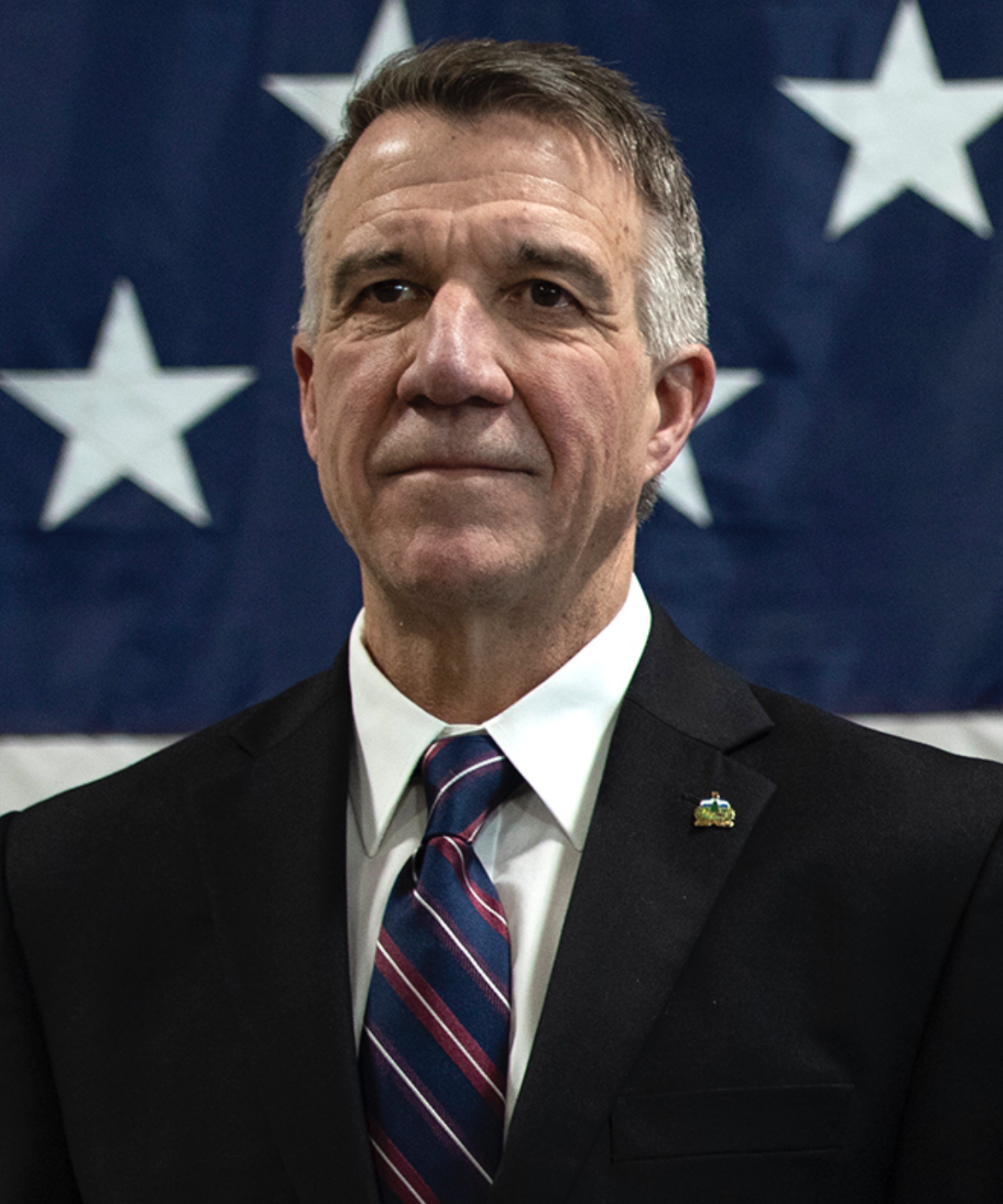
Joe Biden's "Summit for Democracy" was held last week. This summit meant to bring together the world's democracies, strengthening them and pro-democratic global norms. The hope is that this would...

The Biden administration just issued the government’s first ever anti-corruption strategy. The upshot: It’s needed. It’s analytically informed. It raises the prioritization of...
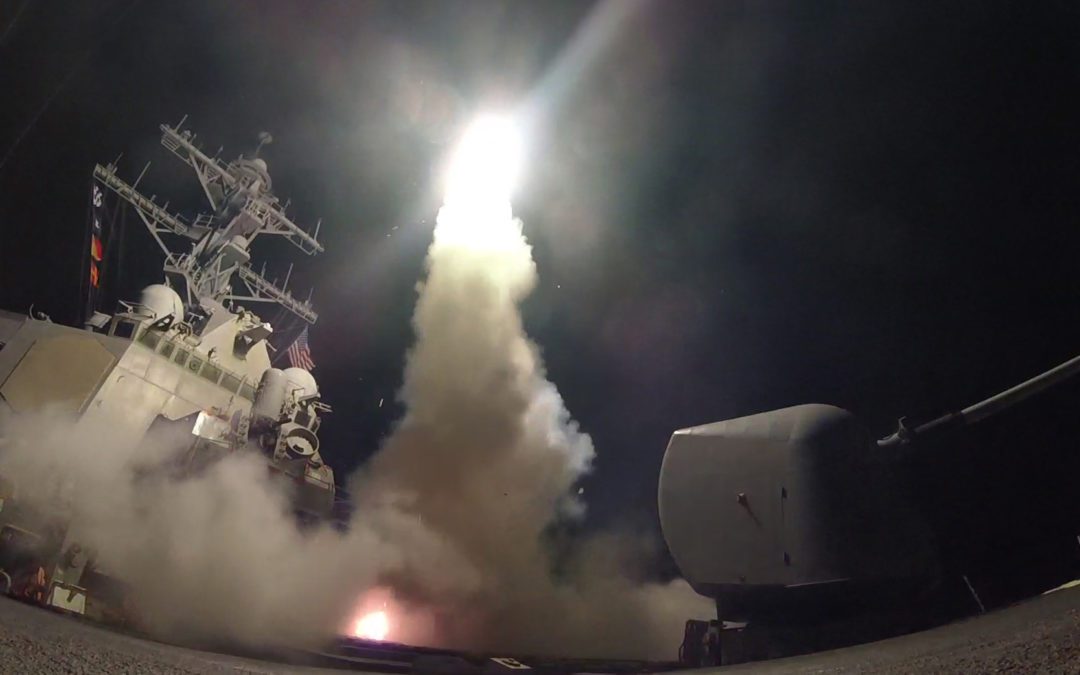
Canadian scholar and politician Michael Ignatieff had a piece in Persuasion recently on the "collapse of liberal internationalism." For Ignatieff to admit this (as one of the strongest proponents of...

The United States is the safest country in the world. It has vast ocean moats to the east and west and weak friendly neighbors to the north and south. It has sufficient resources to shun global trade should it so choose. It is also the wealthiest and strongest country the world has ever seen. The heaviest foreign policy costs it has paid in the 20th and 21st centuries have come from self-inflicted wounds. The war in Vietnam. The war on Afghanistan. The war on Iraq. Those have had terribly high human, economic, resources, moral, and opportunity costs. Each of those wars was a choice made by...
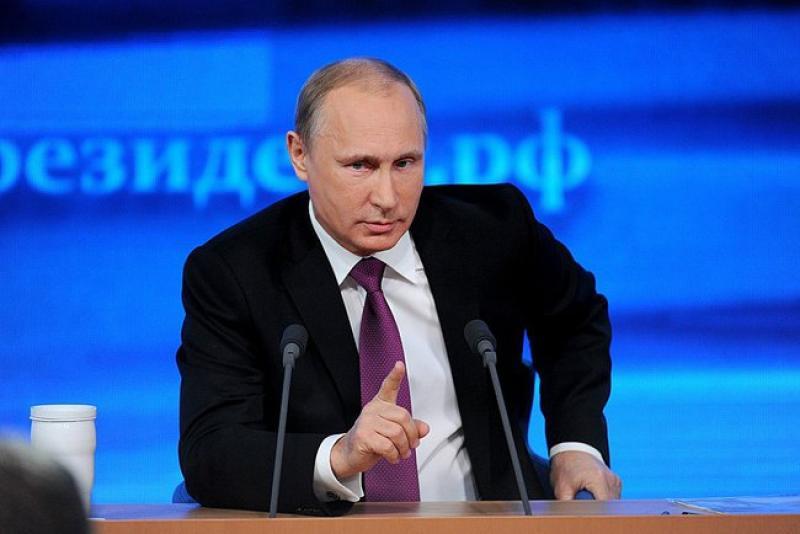
Somewhat cranky and slightly under the weather Putin graced the foreign journalists with his presence for almost 4 hours. Starting right off the bat with some optimistic economic indicators (that he used to be able to juggle without any papers), the conference progressed with its predictable pace and predictable plot points: a bunch of questions on economy, token booed Ukrainian question, some dad jokes and good tsar, bad boyars excuses. There was no panache, pizazz or punch. Putin is tired (at some point he was off by 20 million when talking about the Russian population) and his...
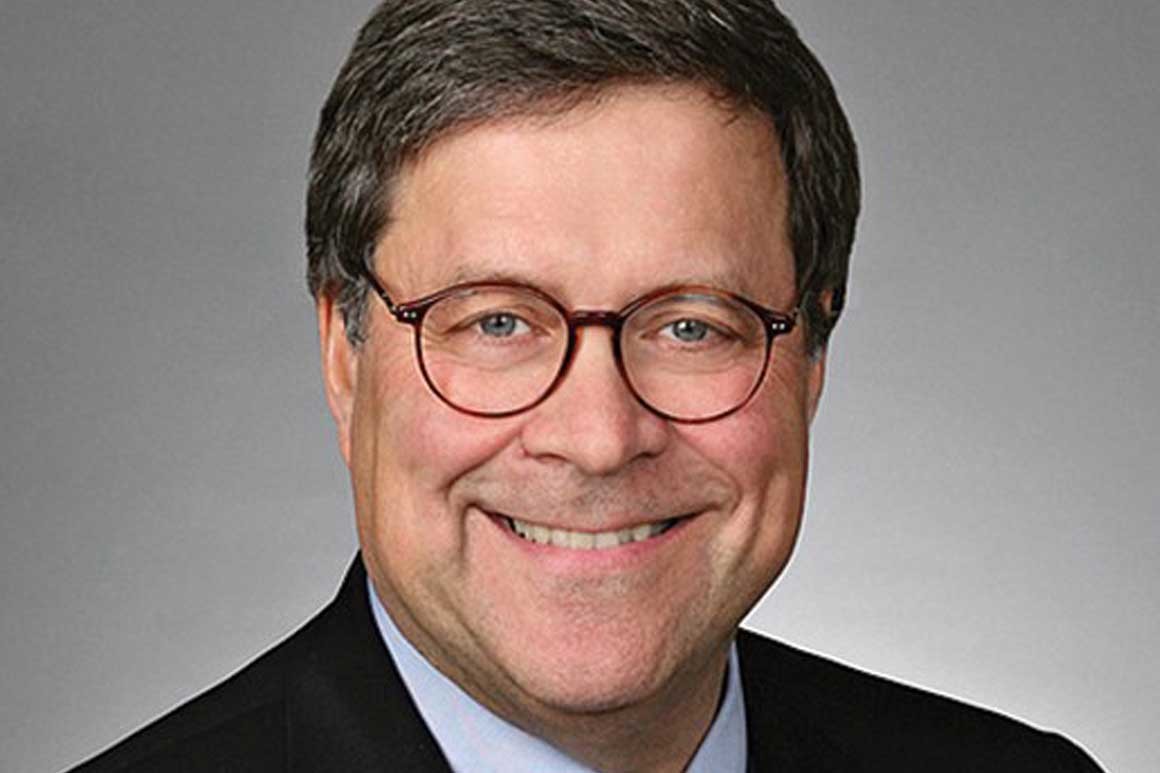
Progressives and liberals were quick to praise President George H.W. Bush when he passed away. Some of this was basic human decency. Some of this was honest admiration for a masterful foreign policy practitioner and a decent man. But some of it felt strategic, a way to point out all of Trump's failings. Highlighting Bush's virtues emphasized the issues with Trump and his Presidency. The fact that Bush was a Republican seemed to make this more effective; "look," Trump critics could say, "here are things Republicans used to value." It seemed an effective tactic. And then Trump nominated...
The United States is closing in on the 18th anniversary of its first wartime death in Afghanistan, that of CIA operative Mike Spann, providing a melancholy opportunity to emphasize the role of grand strategy as a policymaking tool. To this end, I ask why the United States has done relatively poorly in so many of its so-called small wars, wars against much weaker adversaries. Its poor record is surprising because the United States has done so well in its major wars, including the world wars, the Korean War, and the Cold War. Some of the United States’ smaller wars have gone as planned. The...
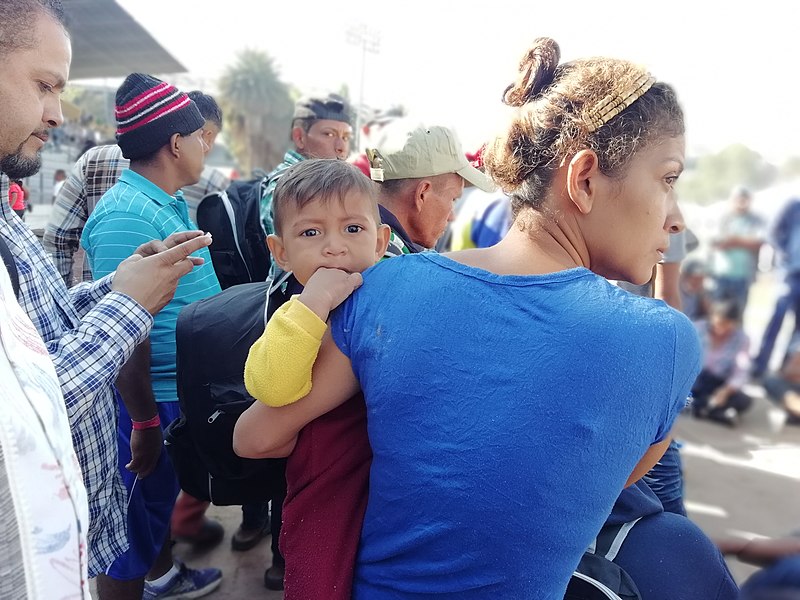
On Sunday, the US Border Patrol fired tear gas into Mexico at migrants, including children, attempting to enter the US near the San Ysidro border crossing between Tijuana and San Diego. The use of a chemical weapon banned in war against families rightly provoked widespread condemnation (Border Patrol agents also used pepper spray against migrants in 2013, fired tear gas and pepper spray into Mexico in 2007, and have killed rock throwers at the border in the past). Migrants attempting to enter the US are frustrated by the Trump administration’s restriction of the process of seeking asylum, a...

Like everyone else, I'm still trying to catch up after the Thanksgiving holiday. So I have a quick, kind of speculative post this week. It looks like the distressing saga of Matthew Hedges has finally been resolved. As I wrote about before, Hedges is a grad student in the UK who traveled to the UAE to conduct field work. After interviewing several subjects about UAE security policies, he was arrested and charged with espionage. He was recently been sentenced to life in prison, although the UAE just pardoned him. There is a lot to figure out with this case--what it means for scholars working...
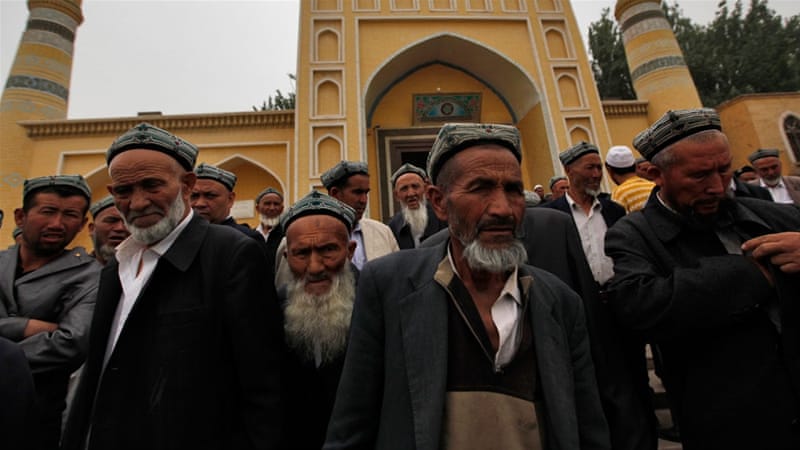
The US Congress recently introduced bills that would call on the Trump Administration to press China over its treatment of the Uighurs, a predominantly Muslim ethnic group. This would seem to be a good fit, as Trump has been critical of China throughout his time in office. And religious freedom--under which this would initiative would fall--seems to be the one area of human rights his Administration cares about. But any US pressure on China will be undermined by the similarity between some of China's Uighur policies and the Trump Administration's Muslim travel ban. This relates to a broader...
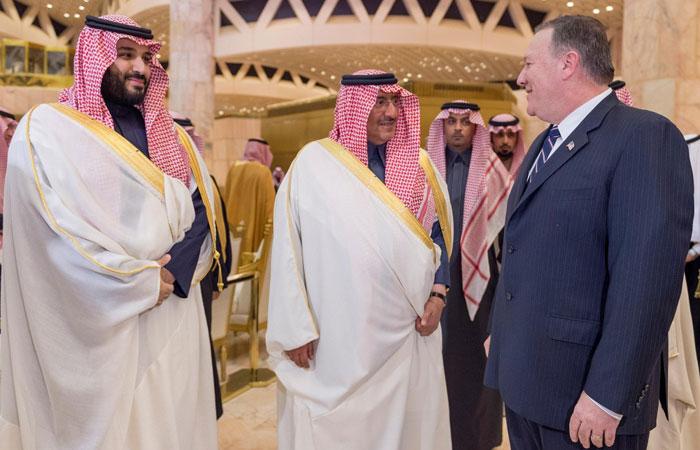
Details continue to trickle out about the horrific assassination of Saudi dissident and writer Jamal Khashoggi. This has captured the attention of foreign policy experts, who have questioned the alliance’s importance and suggested ways to punish Saudi Arabia. Concern about this incidents has spread beyond experts, however. My students and I have frequently debated what will happen to the US-Saudi alliance. And I recently appeared on WCAX in Burlington to discuss what comes next. To both audiences--and in contrast to some commentators--I gave the unsatisfying answer of “not much.” Time after...